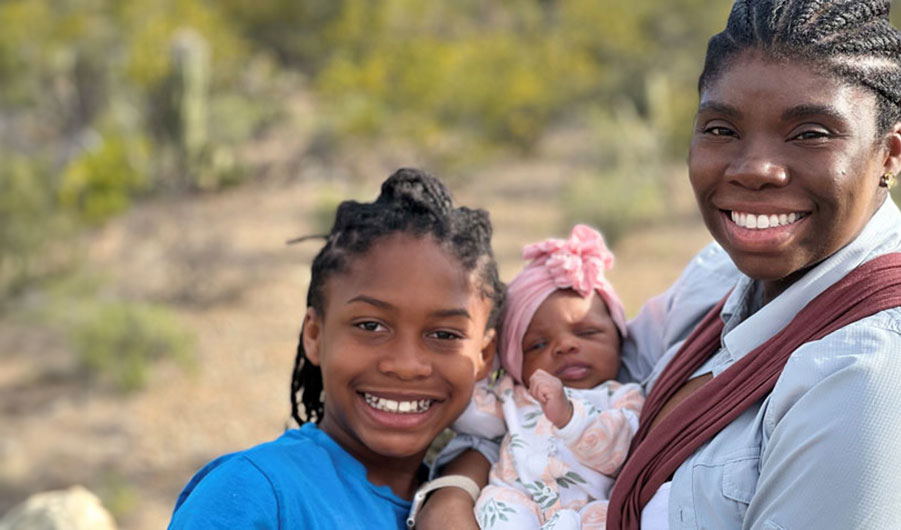Pregnancy and Maternal Health Resources and Tools

Cardiovascular disease is the leading cause of maternal death in the U.S., or more simply put, heart disease is the No. 1 killer of new moms.
It can pose a threat to women’s heart health during pregnancy and later in life, making it important that women understand how to care for themselves and their baby. Different women experience different factors that increase their risk for pregnancy-related cardiovascular disease.
Education Resources
Health by Trimester
Healthy Eating
- What Should I Eat During Pregnancy (PDF) | Spanish (PDF)
- Nutrition Tips for Pregnancy (PDF) | Spanish (PDF)
Physical Activity
- Should I Exercise While I’m Pregnant (PDF) | Spanish (PDF)
- Exercise Tips and Pregnancy (PDF) | Spanish (PDF)
Mental Health
Talk to Your Health Care Provider
- At-Home Blood Pressure Measurement Instructions (PDF) | Spanish (PDF)
- At-Home Blood Pressure Log (PDF) | Spanish (PDF)
- Questions to Ask Your Health Care Professional About Blood Pressure While Pregnant (PDF) | Spanish (PDF)
- Why a Healthy Blood Pressure is Important During Pregnancy (PDF) | Spanish (PDF)
- Aspirin During Pregnancy (PDF) | Spanish (PDF)
Maternal Health Waiting Room Animations
These are short, animated educational videos that can be played in the waiting room at the doctor’s office or similar setting. If you would like to utilize these videos but need the .mp4 files, please email [email protected] and we will share the files with you.

The Support Network: We're Here for You
Day or night, we're here to moms-to-be, new moms or veteran moms dealing with a heart condition or stroke. We’ve created the Support Network Maternal Health Forum for you: ask questions, get support and share your journey with women who've been there.

Share Your Experience with Us
Help us better understand the impact pregnancy has on a woman’s health – and heart – by taking the newest survey from Research Goes Red. Whether you are pregnant, considering becoming pregnant or have already had children, we would like to hear from you. Join Research Goes Red today and take the new Reproductive Health Survey.
